The
above advertising/sponsorship is provided by Angelfire.com and may not
represent my views.
|

|
How does 'literacy' affect our lives? Why is it so
important?
The world is at our fingertips; if you can read, you can learn about anything
and learn how to do anything. Surrounding us in our society is the written
word. It is on our cereal boxes, on the internet monitor, and on application
forms; it is in books, in manuals, notice boards, restaurants,
businesses, and schools. But if we cannot read, where does this leave
us?
Many adults have been able to 'fake their way' through schools and
interviews. They have learned the tricks to avoid reading. And many hold jobs
and run households. But is it easy for them? Are they being the best they
can be? Or has the struggle with the written word robbed them of living up to
their potential?
We, as parents and educators, need to be doing everything in our power to
provide children with the tools and the confidence to make it in our society,
and one major skill is to read--and to read
well. We have the key: let's pass it on!
|
Literacy
is the key that unlocks the door
to our potential! |
|
|
What
is
involved in 'literacy'?
reading writing calculating signing

|
When
does
'literacy training' begin?
Literacy skills are being formed from
day one. Babies are learning that what they see and do is communicating
a message we begin our 'signing' education early--
augmentative communication-- with hand signs for hungry and bye-bye recognizing cereal boxes, the Golden
Arches (etc.), and 'stop signs' are three examples of early reading
skills
|
Reading
'Components'
some information adapted from "All Kinds of Minds"
The skill of reading can be
broken into two different components: decoding and
comprehending. One must recognize the various components of
words and then connect meaning to them -- both individually and as
parts of sentences. |
Decoding
Decoding involves phonetics
and whole word recognition. To read well one must be able to
decode words quickly and correctly. |
| Sound
Rhyming |
Sound
Blending |
Sound
Symbols |
| rhyming
activities develops ability to focus on different components of a
word |
blending
sounds together (or separating them) develops ability to recognize
parts of the whole, remembering each part |
recognizing
the symbols and knowing what they represent is the third key to
breaking the code of the written word |
play
rhyming games
|
divide
compound words / syllables / phonemes |
combine
phonetics with whole word recognition |
Combining different
strategies to decode words gives children the tools to conquer
reading.
- exposure to spoken word-- stories, songs, poems
- exposure to music--building the "neuro-connections"
which assist with the rhythm of speech, as well as
sensory-visual-physical learning
- provide visual cue cards for individual letters as well as
sight words
- physically copying words assists the visual-spatial learning
abilities
- play word games which practice labeling, word
blending/separating
- sound words out -- recognizing the different letters, letter
combinations
- look at words as a whole to encourage word recognition 'on
sight'
- read, read, read
|
Comprehending
Once the word is decoded, one must understand the meaning.
Reading with meaning brings the written word to life. This process
involves many different skills.
- one must be able to decode new words and recognize familiar
ones-- and one must be able to do this quickly to not lose the
affect the other comprehension tools
- one must be able to remember the other words of a sentence
and their meaning
- one must be able to attend to the word, the sentence, the
story, and the pictures as parts of a whole
- one must be able to use cues from the sentence, story,
pictures to assist developing awareness of the context
- one must use imagery to create a world for the words to live
in
Other tools we can provide:
- label objects around them--in their room, in their
house/school
- set up the environment conducive to reading/
concentrating
- assist them with decoding new words prior to reading
sentences/ paragraphs
- help them look at pictures and previous text to predict what
will happen next and what words they will be encountering
- provide books and stories that of interest to the child
- have them write their own books
- let them photograph
objects to include in their stories or that represent things
from what they are reading
- let them act
out the stories, find music
which represents the story, paint
the 'world' they envision
- have them recap after a paragraph or certain amount of time
- don't break the flow of their process with 'annoying'
questions/ tip building
- help them ask questions prior to reading (reading further):
What do I know about the story? What do I think will happen
next? What are the key words that I will see?
- don't over-extend reading time
|
RECAP |
|
How can
we help our children read?
- expose them to letters, to symbols, to words
- read to them, read with them
- discuss pictures, words, stories
- help them identify cues that will assist them
- ask questions (examples
 ) )
- write to them, write with them
- play word / phonics games (see below)
- expand their vocabulary: add descriptive words,
provide proper terminology
- match words with 3d objects and activities
- expose them to 'things' and 'activities'
- use their strengths to develop their skills
- acknowledge efforts and accomplishments
- help them make their own books
- let them make pictures about the stories, play
games, explore and research the topic
|
Story
Cues:
By Looking At the Pictures...
- what do you think this story is about?
- what do you think is going to happen next?
- how are they feeling?
- what are they doing?
- what happened before?
- what words do you think we will find in the
story?
- have you seen this word before?
- can you find your initial in any of these
words?
Don't forget about WRITING the
words --- if the graphomotor
skills can't keep up, then a child is still struggling with
communicating. |
|
|
WEB SITES
|
Games
to Play
Junglemath read the signs: find
the letters of your name on license plates newspaper words: cut
out all the words you recognize on this page word detective: what
do you know about this word? (what have you seen before, what clues
are in the story about this word?) bingo: create a
letter/ phonics/ whole word bingo game run and spell: post
words around outdoor area. Run to the words to build a sentence (or to
form a word) Board Games: play
games which have directional cards to read change a word: read a
sentence and change the verb/noun; re-read create a classroom
museum
***MORE TO COME AT A
LATER DATE*** |
|
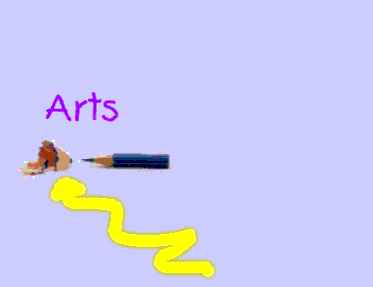
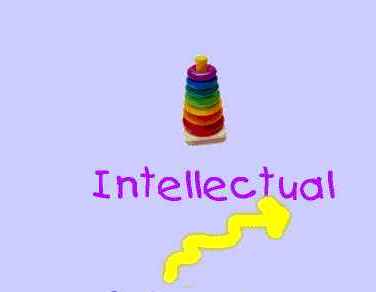
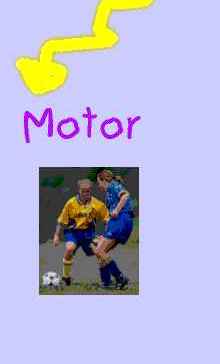
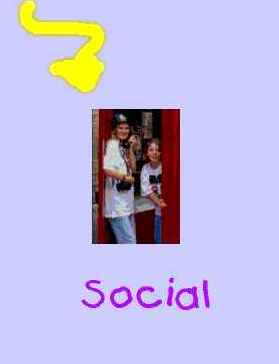
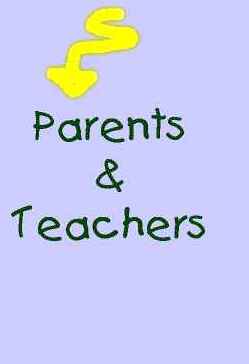
Any more ideas?? Please share them!
Email: msdebbiep@yahoo.com
|